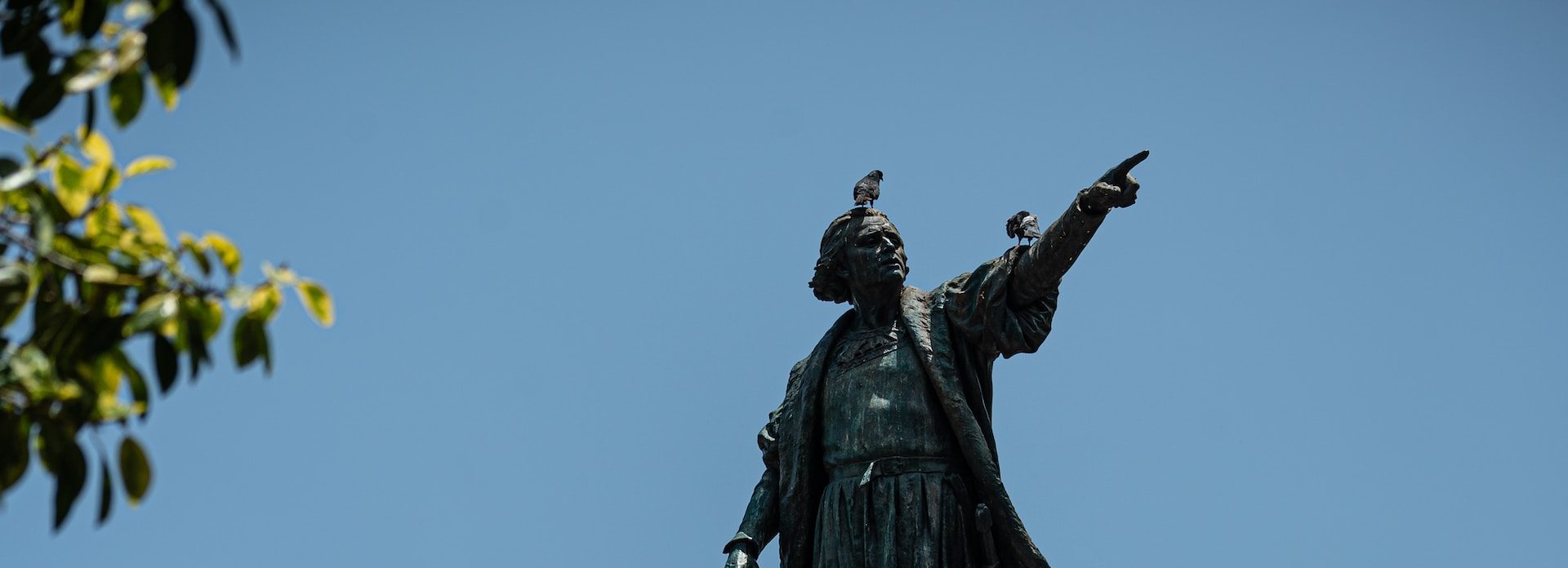
News Writer Gracie Rogers reports on King Charles’ statement on ‘no excuse’ for colonial violence in Kenya.
King Charles undertook his first Commonwealth state visit as monarch on 31st October, visiting Kenya upon the 60th anniversary of their independence from colonial rule.
On the King’s visit, he expressed ‘greatest sorrow’ over ‘abhorrent and unjustifiable acts of violence committed’ during Kenya’s struggle for independence.
“…expressed ‘greatest sorrow’ over ‘abhorrent and unjustifiable acts of violence committed’ during Kenya’s struggle for independence.
He went on to say that he wished to deepen his understanding of the ways in which Kenya was affected by the violence under colonial rule. He recognised that ‘none of this can change the past’ but hoped that by openly addressing British-Kenyan history, the two nations could ‘build an ever-closer bond’.
His speech addressed the turbulent history between the two countries, as Kenya was under British colonial rule from 1895 until 1963, as part of British East Africa. A decade prior, in 1952, a rebellion known as the Mau Mau Rebellion had shaken the British hold on the territory.
The Rebellion was primarily composed of members of the Kikuyu people, who were increasingly economically marginalised after white settlers had expanded into their land. The group attacked political opponents and raided white settler farms to protest colonial rule. In October 1952, the British declared a state of emergency and mobilised against the Mau Mau rebels in an aggressive counterinsurgency.
Though approximations vary, official figures report that 11,000 members of the Mau Mau and other rebels were killed, compared to just 32 white settlers across the 8-year conflict. Unofficial figures suggest that a much larger number were killed, with the Kenya Human Rights Commission (KHRC) stating that 90,000 Kenyans were executed, tortured or maimed.
The pressure of this rebellion on the British government was a contributing factor in the freedom of Kenya from colonial rule.
Relations with the British monarchy, therefore, have a historical strain. In King Charles’ speech, he reflected upon his late mother, HM Queen Elizabeth II, and her ‘particular affection’ for the Kenyan people. The late Queen – Princess Elizabeth at the time – was in Kenya on her own Commonwealth tour when she learned of her father’s death, infamously leaving the country to return home as the Queen of the United Kingdom.
Reactions to the King’s speech were conflicted. Although King Charles noted his ‘deepest regret’ over ‘wrongdoings of the past’, he did not deliver a formal apology to the Kenyan people. In order to make such a statement, a formal apology would have to be approved by government ministers beforehand.
President William Ruto praised the King on his courage to speak on ‘uncomfortable truths’ but noted ‘much remains to be done in order to achieve full reparations’.
“‘much remains to be done in order to achieve full reparations’
Prior to the monarch’s visit, the KHRC called for an ‘unconditional public apology and official acknowledgement of wrongs’. This statement followed Buckingham Palace’s announcement stating support for an independent study of the slave trade and the British monarchy in the 17th and 18th centuries.
The royal visit will last a total of four days, with the couple planning to meet with various environmental activities and conservationists. It is the third foreign trip for the royal couple, and their first to Africa, since King Charles officially ascended the throne last May.
Read more News articles here:
Rishi Sunak Sacks Suella Braverman following Controversial Times’ Article
Comments